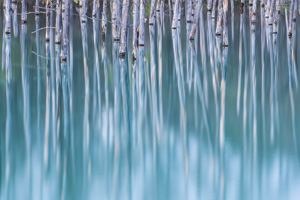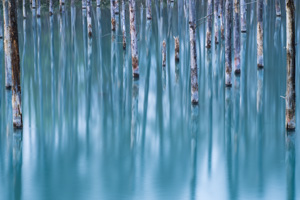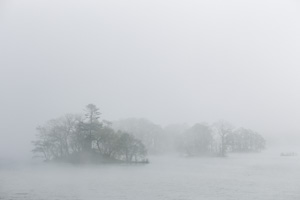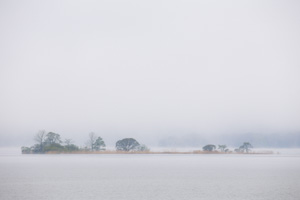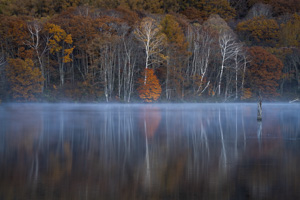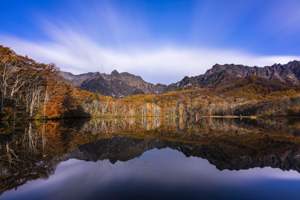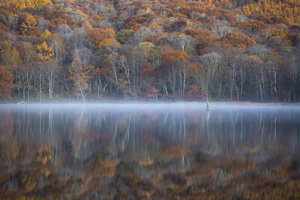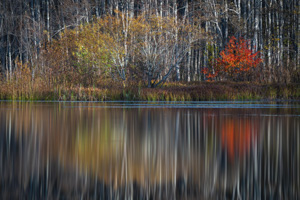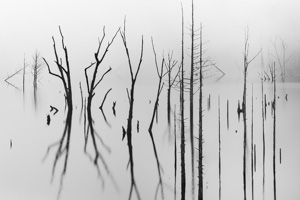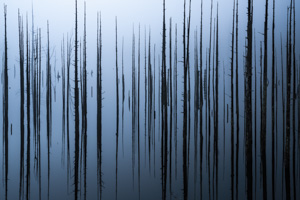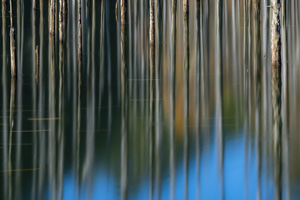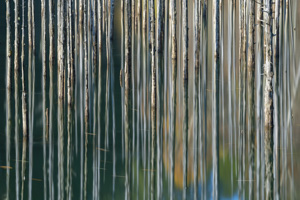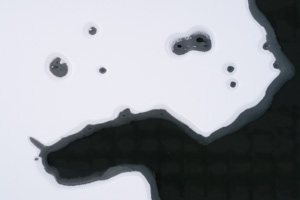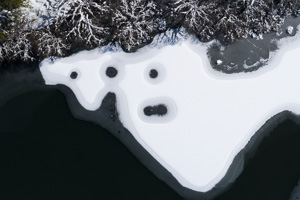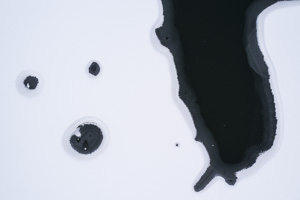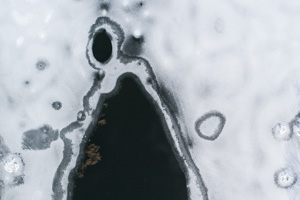Lake
Japan is one of the few countries in the world where "pure water" is available everywhere. The word "clean water" is used to describe "beautiful water," but "clean" also means "beautiful. Since "pure water" is indispensable for people to live, it is not surprising that people feel relieved to have "colorless water" and feel that it is "beautiful. Japanese lakes filled with pure water can be said to be "beautiful" in their very existence.
The "Blue Pond" in Hokkaido and the "Natural Lakes" in Nagano Prefecture have standing dead trees that have withered due to the creation of the lakes, which is truly "impermanence. The scenery of water and trees also evokes a sense of "apology and loneliness. The lake is also filled with "ethereal" scenery of fog and "Japanese beauty.
日本は「清らかな水」が何処でも手に入る世界でも稀な国です。「清らかな水」は「綺麗な水」と表現しますが「綺麗」は「美しい」という意味も持ちます。「清らかな水」は人が生きて行く上で欠かせない物なので、「無色の水」がある事は安心出来る事で「美しい」と感じても不思議ではないと思います。清らかな水を湛えた日本の湖はその存在自体が「美しい」と言えるかもしれません。
北海道の「青い池」や長野県の「自然湖」には湖が出来た事で枯れてしまった立ち枯れの木々がありますが、それは正に「無常」。水と木々の風景は「詫び・寂び」も感じられます。また湖には霧が立ち込める「幽玄」な風景もあり「日本の美」が詰まっています。

